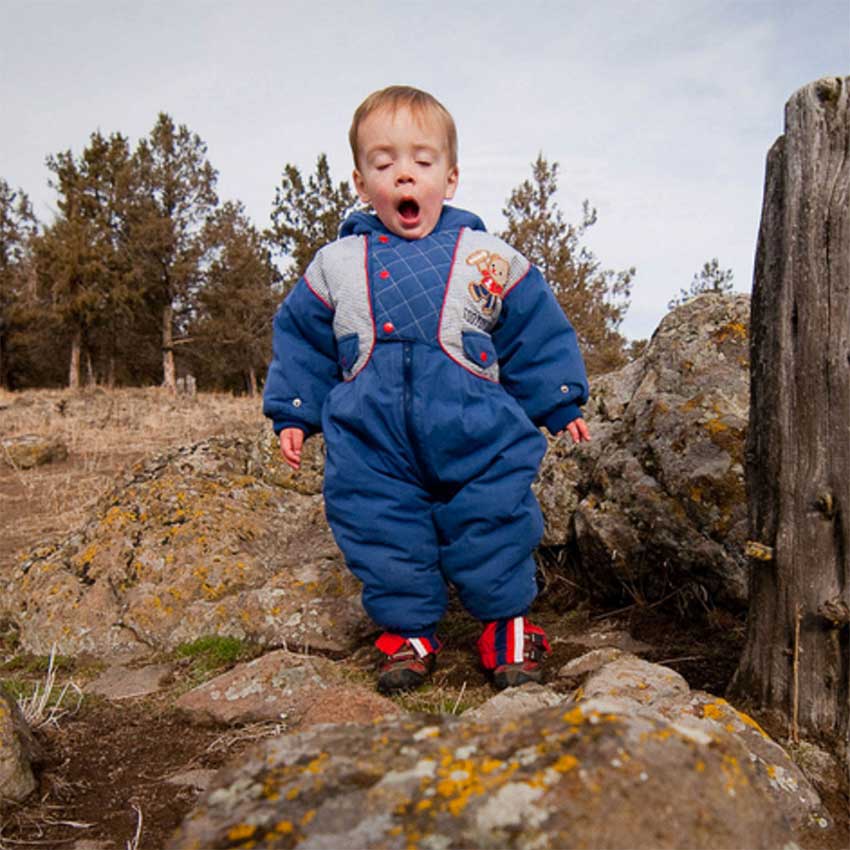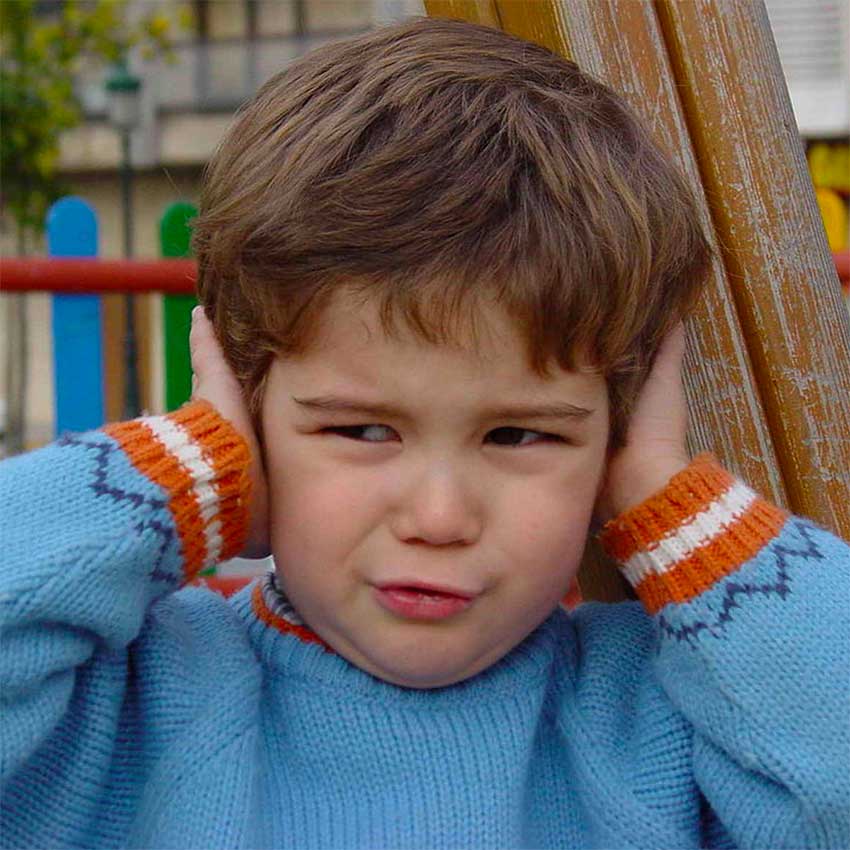Have you ever seen someone else yawn, only to find yourself doing the same thing only seconds later? Even the sight of these yawning kittens is enough to trigger another episode.
Why people yawn is one of life’s great mysteries. From when you are about to hit the hay to even mid-exercise, a deep and satisfying yawn can strike at any time. In fact, just thinking about yawning can cause an outbreak, and you may even find yourself doing so while reading this article!
The question as to why people yawn has puzzled scientists for decades and there have been several studies which attempt to get the bottom of it all, but researchers still have divided opinions.
Let’s look at all of the theories surrounding this age old question: why do people yawn?
What Is A Yawn?

Though it’s one of the least understood human behaviors, we do know what a yawn looks like. Yawning is a reflex characterized by the involuntary opening of the mouth while inhaling a deep, long breath of air. It is a common part of both human and animal behavior.
According to research reported in Early Human Development, even unborn babies yawn while in the womb. This can happen as early as the first trimester of pregnancy, indicating it’s one of the first things people learn to do.
Why Do People Yawn?

When thinking about why we yawn, many assume it must have a respiratory function connected to the intake of oxygen (due to taking a deep gulp of air), but this has remained a theory rather than one backed up by sound scientific research.
Studies published in the journal of Frontiers in Evolutionary Neuroscience and Physiology & Behavior explain the reason why people yawn could be connected to the body’s brain-cooling function. They theorize that the sudden deep intake of air allows for greater blood flow to the head area, with the inhaled air acting as a coolant when our body temperature gets too high.
Nothing is conclusive about this theory though, with others believing it could be a form of unconscious communication, especially when taking into account that yawning is contagious (more on that in a bit).
What Causes Yawning?

Nobody decides to yawn, it’s a spontaneous act rather than a conscious decision and can often happen at the most inopportune times.
Dr. George A. Bubenik from the University of Guelph in Ontario explains how chemical compounds called neurotransmitters react with the brain’s hypothalamus, setting off reactions in the body that cause yawning. These include dopamine, serotonin, glutamic acid, and nitric oxide. He states, “The more of these compounds activated in the brain, the greater the frequency of yawns.” These same chemicals, by the way, impact emotions, appetite, and mood.
Why Do I Yawn When I Exercise?

If you yawn when you exercise, you’re not alone. You may have even noticed some athletes yawning before they run a race. While it was previously believed this was related to oxygen intake, a study often cited today in Behavioral and Neural Biology dispelled that theory, showing that exercising had no impact on how much someone yawned, even when it doubled normal breathing rates.
Why people yawn when they exercise is still unknown, but it could be linked to the aforementioned brain-cooling theories as a way of regulating the body’s temperature. Further research in this area will hopefully provide more insight one day.
Does Yawning Mean You’re Tired?

When you see someone yawn, it’s natural to assume they’re tired or even bored. However, field observations published in Physiology and Behavior found that yawning is unrelated to the amount of sleep a person's had.
If this isn’t the case, why do we yawn when we are tired? One theory stated in Sleep Medicine Reviews suggests yawning functions as a way of making us more alert when drowsiness hits. This could work by stretching the lungs and tissues as we yawn, waking us up by encouraging more blood to our face.
Why Are Yawns Contagious?

We’ve all been involved in a yawning chain. It only takes one person to yawn to set off an entire chain reaction across your office or home. But why do we yawn when others do?
Many believe there are social reasons for why yawning is contagious. Researchers at Baylor University in Texas have said that “contagious yawning in our species has been strongly linked to empathy.” This would suggest our urge to copy when we see someone yawn could be a way of showing empathy with them.
What Does It Mean When You Yawn A Lot?

Excessive yawning is characterized by yawning more frequently than would be expected, according to MedlinePlus. They suggest causes for this could be linked to:
- Drowsiness
- Disorders which induce excessive sleepiness in the daytime
- Stimulation of the vagus nerve (vasovagal reaction), which could be caused by a heart attack
- Brain issues such as tumors, strokes, MS (multiple sclerosis), and epilepsy
They also suggest there could be a minor link with the body’s temperature control and even certain medicines. Speak to your doctor if you have any concerns about why you yawn so much.
How To Stop Yawning

We all know that when a yawn comes, it’s hard to suppress. This can be inconvenient if we’re doing something in which we need to appear alert (like an important meeting).
These ten tips from Health Guidance on how to stop yawning are worth bearing in mind to prevent those little moments of embarrassment.
- Actively try to suppress the yawn.
- Limit the yawn by covering your mouth with your hand.
- If there is someone else yawning, try to avoid looking at them.
- Drink water to rehydrate the body and wake yourself up.
- Close your eyes and take a few deep breaths.
- Get up and move around.
- Do something that you know stimulates you.
- Get a good night of sleep to keep your brain alert.
- Take a walk outside for some fresh air or have a chat with a friend.
- Have a nap if you’re tired.
Why Do Your Eyes Water When You Yawn?

Have you ever wondered why you tear up when you yawn? According to the Dartmouth Undergraduate Journal of Science, as you yawn, the muscles around the eyes are stimulated. In turn, this squeezes the lacrimal gland under your upper eyelids, forcing out excess tears.
Why Do Your Ears Hurt When You Yawn?

If your ears hurt when you yawn, it could be a sign of ear barotrauma, a condition that causes ear discomfort due to pressure changes.
Healthline explains how pressure differences between the inside and outside of the eardrum can cause discomfort. The ear’s eustachian tube should equalize this pressure when you yawn or swallow, but if it’s blocked, it’s unable to do so. You may notice the problem at times of altitude change (such as flying) or if suffering from nasal congestion. To open the eustachian tube again, try chewing gum, yawning, sucking on candy, or holding your nostrils and mouth shut while gently exhaling. You should also consider taking medication if you have nasal congestion, but seek medical advice if the ear barotrauma lasts more than a few hours.
We’re getting closer to solving the mystery of why we yawn, and the theories will surely keep on coming. If we’ve helped answer some of your questions, make sure to SHARE this with others who may have similar curiosities.
Thumbnail Photo: Flickr/Simon Law




